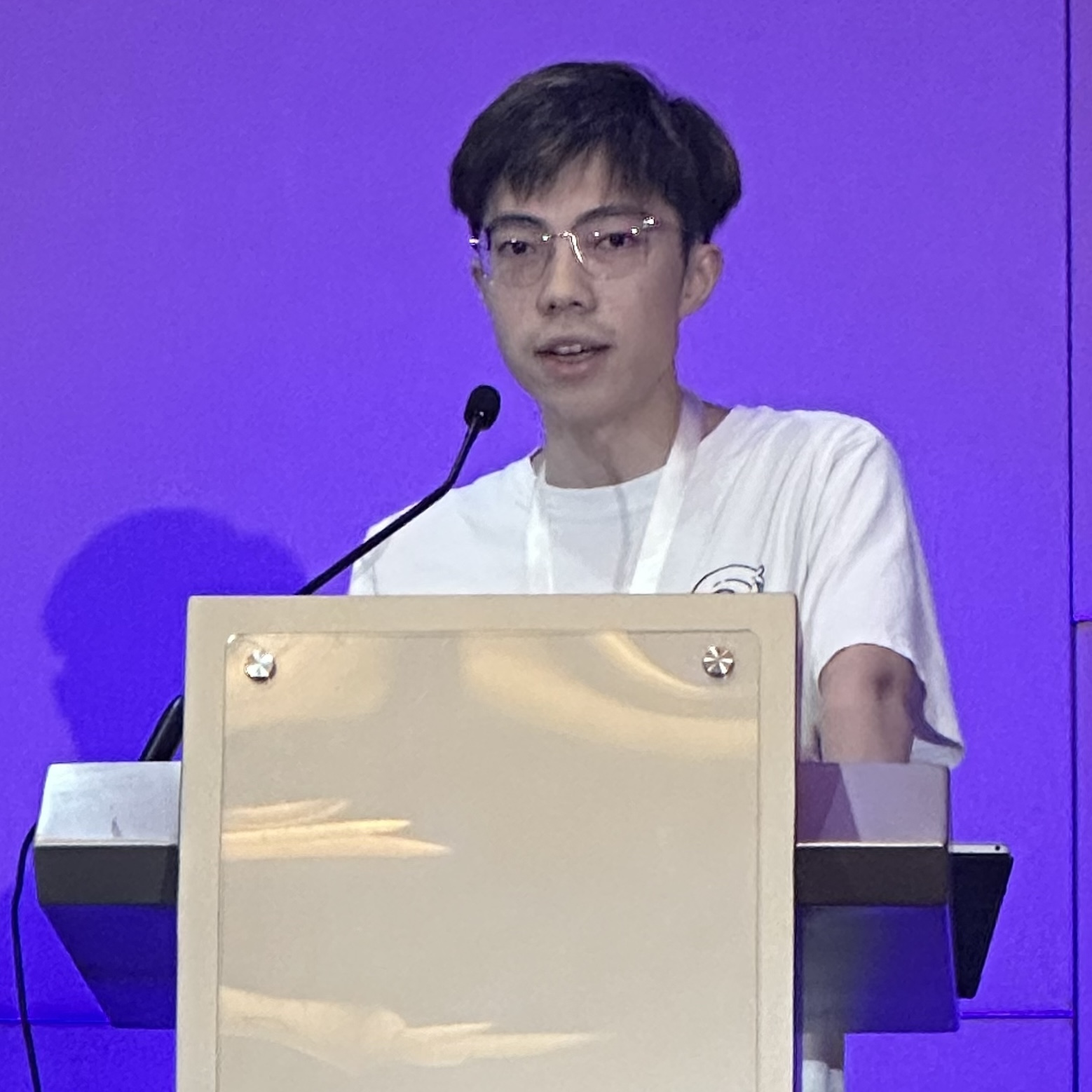About The Workshop
This workshop aims to advance the frontier of information retrieval systems that can reason over complex queries, follow tailored instructions, and demonstrate robustness and effectiveness across domain-specific and multimodal content. Recent progress in foundation models—such as large language models (LLMs), large diffusion models, and large multimodal models—has created exciting opportunities for advancing ranking and reranking approaches. Effectively harnessing their rich semantics, vast knowledge, and powerful reasoning abilities is now a key challenge and opportunity for the field. In response to these developments, we propose the Workshop on New Frontiers in Information Retrieval. Through invited talks, panel discussions, and interactive poster sessions, the workshop will bring together researchers and practitioners from diverse disciplines to exchange insights on new challenges, architectural designs, data curation strategies, training methodologies for information retrieval, and Retrieval-Augmented Generation (RAG) paradigms. As AI technologies continue to evolve at a rapid pace, this workshop will serve as a vital forum for tracking emerging trends, fostering innovation, and shaping the future of intelligent information retrieval systems.
Schedule
Our workshop recordings are available at this link.
| Time (SGT) | Session | Speaker | Talk Title |
|---|---|---|---|
| 09:30 – 09:40 | Introduction | Chen Zhao (NYU) | |
| 09:40 – 10:20 | Invited Talk 1 | Aixin Sun (NTU) | A Flexible and Scalable Framework for Video Moment Search |
| 10:20 – 11:20 | Poster 1 | ||
| 11:20 – 12:00 | Invited Talk 2 | Rulin Shao (UW) | Retrieval for Reasoning |
| 12:00 – 12:40 | Invited Talk 3 | Min-Yen Kan (NUS) | Top 5 trends to watch in the future of IR research (and why they are irrelevant) |
| 12:40 – 13:20 | Break | ||
| 13:20 – 14:00 | Invited Talk 4 | Feng Wang (Jina AI by Elastic) | From Ranking to Selection: A New Paradigm for the Agentic Era |
| 14:00 – 14:15 | Contributed Talk 1 | Xiangru Tang (Yale) | Eigen-1: Adaptive Multi-Agent Refinement with Monitor-Based RAG for Scientific Reasoning |
| 14:15 – 14:30 | Contributed Talk 2 | Pankayaraj Pathmanathan (University of Maryland) | RAGPart & RAGMask: Retrieval-Stage Defenses Against Corpus Poisoning in Retrieval-Augmented Generation |
| 14:30 – 14:50 | Contributed Talk 3 | Matan Orbach (IBM) | An Analysis of Hyper-Parameter Optimization Methods for Retrieval Augmented Generation |
| 14:50 – 15:50 | Poster 2 | ||
| 15:50 – 16:30 | Invited Talk 5 | Xiao Chenghao (Durham University) | Representation Learning as Alignment with Generative Capabilities |
| 16:30 – 16:45 | Contributed Talk 4 | Fengyu Cai (Technical University of Darmstadt) | Revela: Dense Retriever Learning via Language Modeling |
| 16:45 – 17:00 | Contributed Talk 5 | Andre Rusli (Mercari) | Towards Better Search with Domain-Aware Text Embeddings for C2C Marketplaces |
| 17:00 – 17:20 | Closing | Siyue Zhang (NTU) |
Speakers
Invited speakers
Topics
The workshop will cover a range of topics, including but not limited to:
This topic focuses on emerging retrieval tasks and benchmarks that go beyond keyword-based or semantic-based document retrieval. We will discuss challenges that involve reasoning-intensive queries, tailored instructions, domain-specific knowledge, and multi-modal content. Moreover, novel retrieval scenarios are emerging, such as cached vector retrieval to accelerate LLM inference, and memory retrieval to support the long-term coherence and decision-making of LLM agent systems.
This topic focuses on novel methods and architectural designs for ranking and reranking. The rapid evolution of foundation models—from BERT to LLMs and diffusion-based language models, and from CLIP to multimodal LLMs and multimodal diffusion models—has opened up significant new opportunities for advancing information retrieval models.
This topic explores recent advancements in data curation and model training strategies. On the data side, we will discuss approaches such as data augmentation to enable new retrieval capabilities (e.g., reasoning and instruction-following), quality assessment and cleaning, and data efficiency for minimal supervision. On the training side, we will discuss techniques such as multi-stage training, smart-batching, negative passage mining, meta-learning, and curriculum learning to improve retrieval performance.
This topic investigates emerging paradigms at the intersection of information retrieval and advanced AI technologies. We will discuss how agent technologies, along with reasoning and planning capabilities, can be leveraged to enhance information retrieval and response generation, including understanding and reformulating user queries, routing requests to appropriate data sources, interleaving reasoning with search tool usage, and processing retrieved content.
In addition to the core themes above, our discussions will extend to critical areas such as robustness against malicious ranking attacks and out-of-distribution data; explainability for responsible and trustworthy systems; and efficiency in the era of neural information retrieval.
Accepted Papers
Call For Papers
Key Dates
- Submission Deadline:
October 22, 2025 (AOE)November 13, 2025 (AOE) - Notification of Acceptance: December 11, 2025 (AOE)
Submission Format
All papers must be submitted in PDF format, using the AAAI-26 author kit. We welcome two types of papers:
Full papers: Full-length research papers from 4 to 7 pages (excluding references and appendices).
Short papers: Research/position papers of up to 4 pages (excluding references and appendices).
Submission Site
The workshop uses OpenReview for paper submission and review. The submission link is https://openreview.net/group?id=AAAI.org/2026/Workshop/FrontierIR.
The review process will be single-blinded, and we welcome accepted and published papers. The contributions will be non-archival and only will be hosted on our workshop website. There will be one best paper award for accepted papers with outstanding quality.
Organizers
This workshop is organized by














